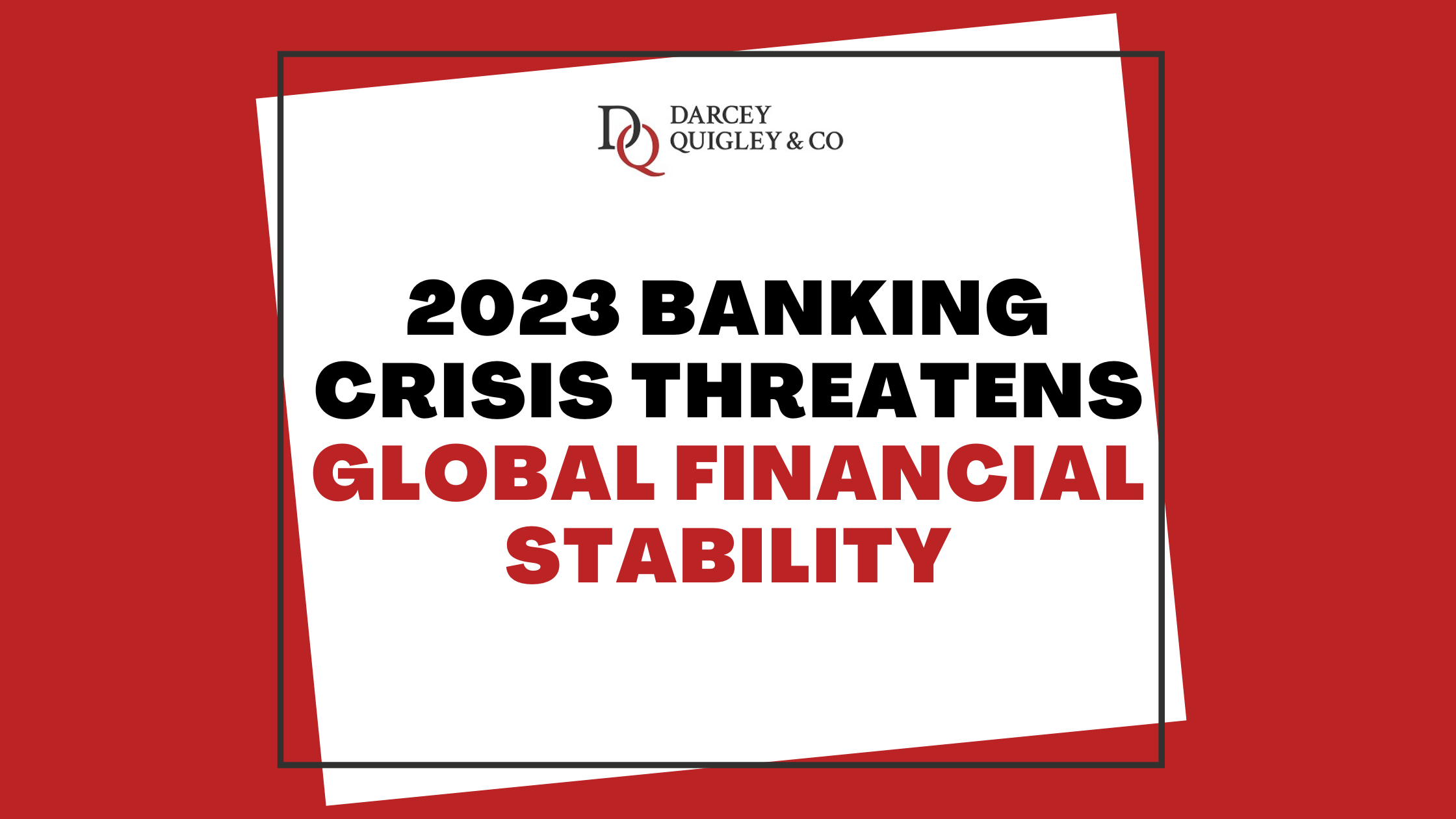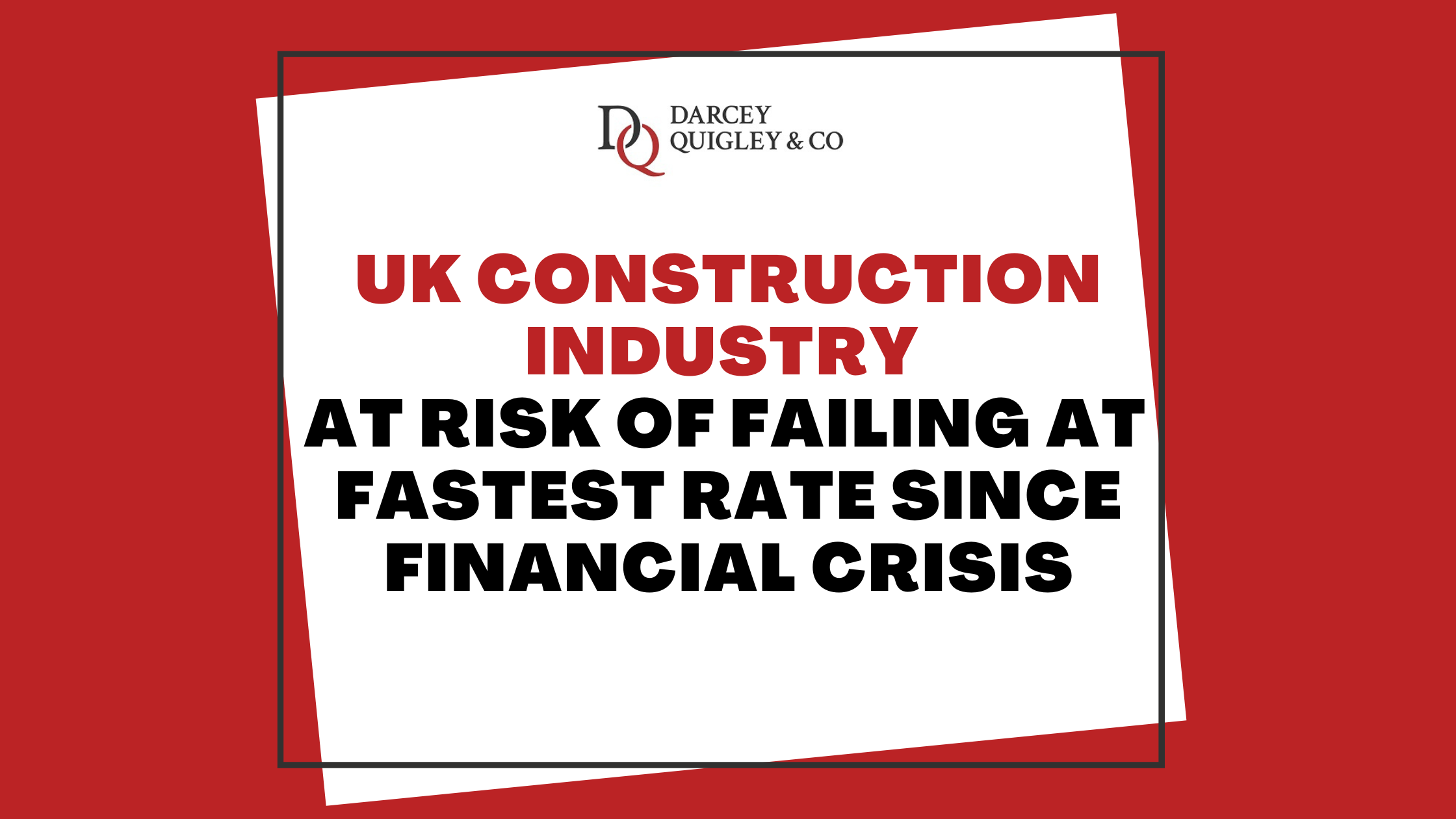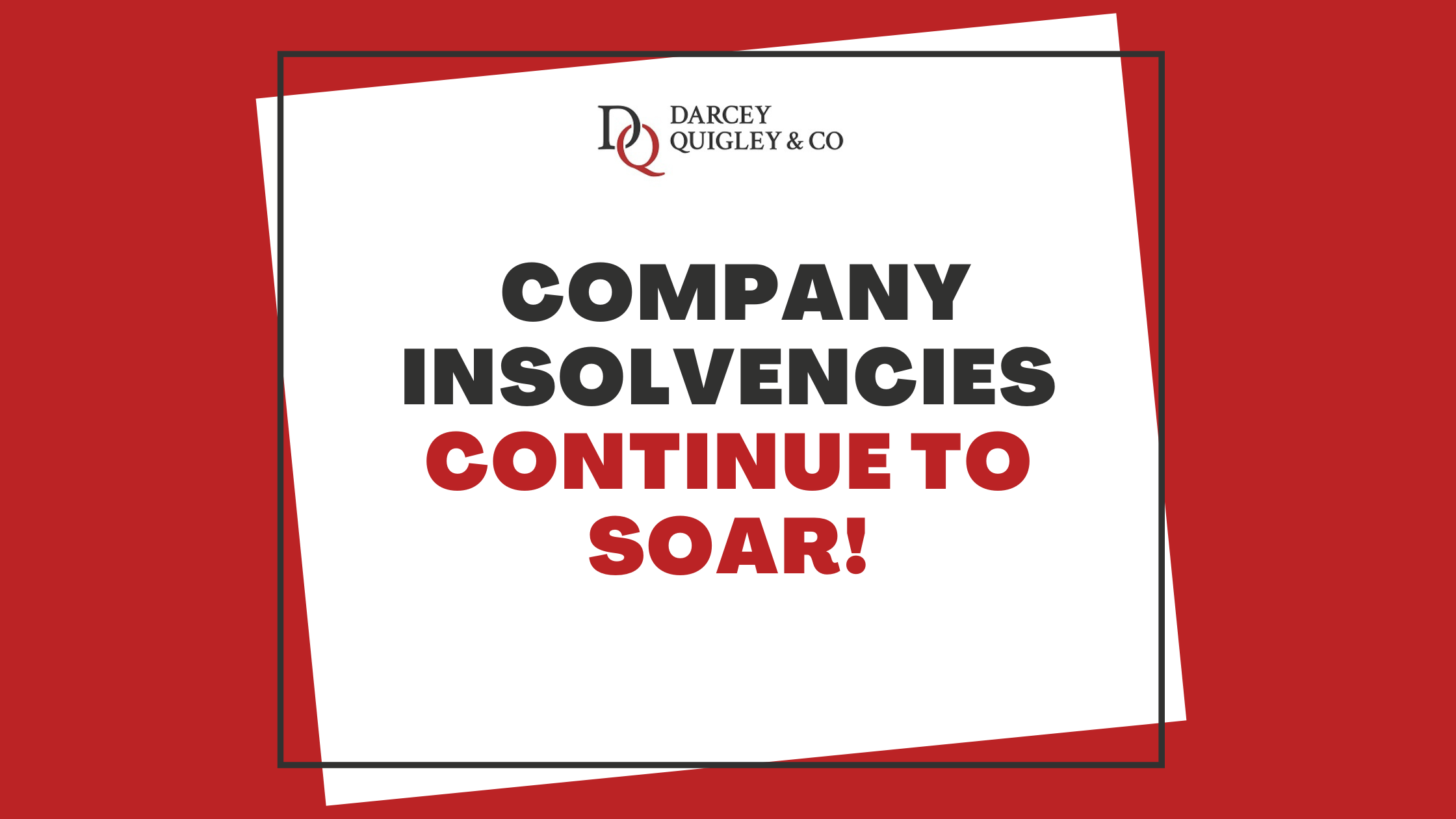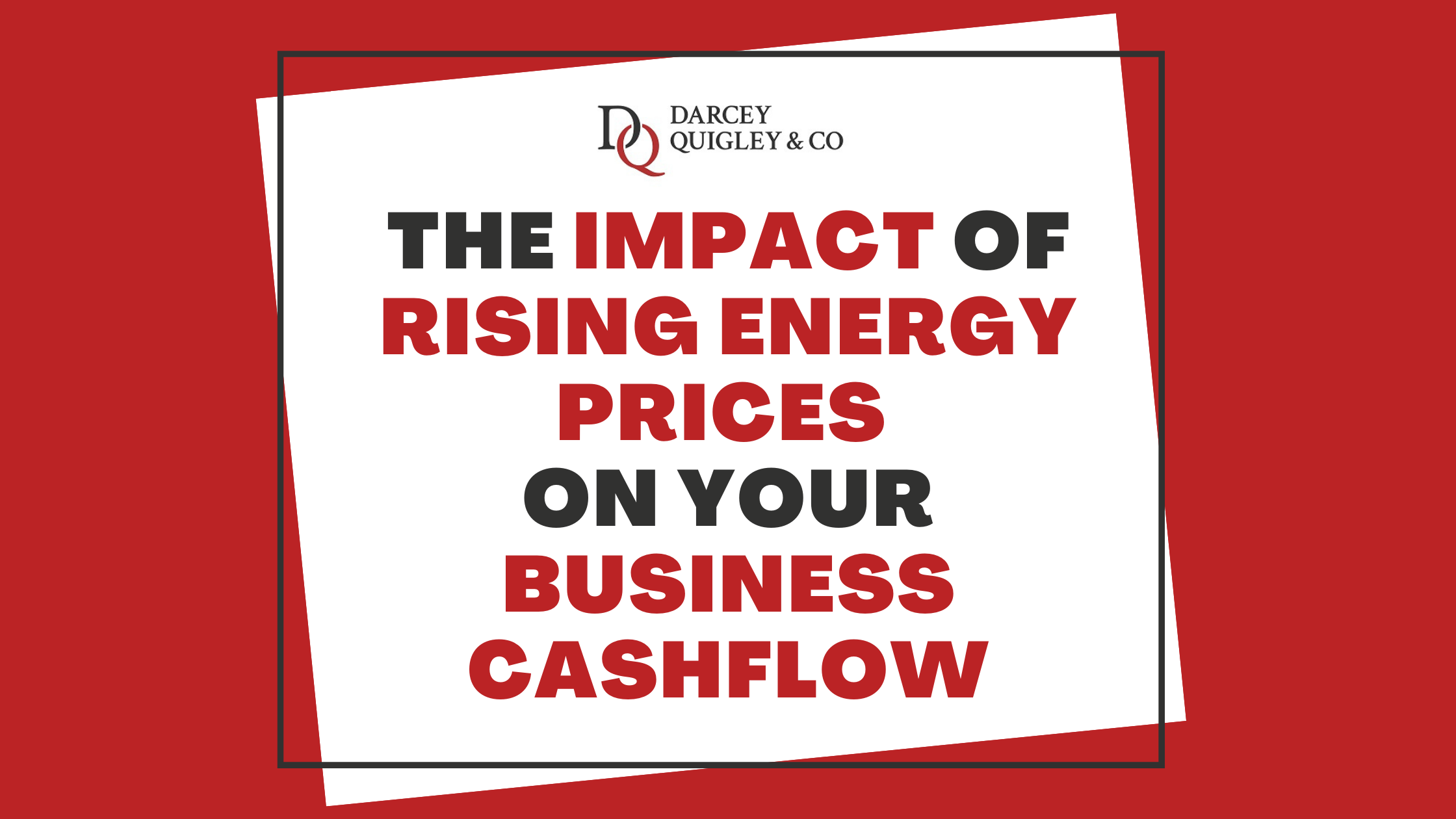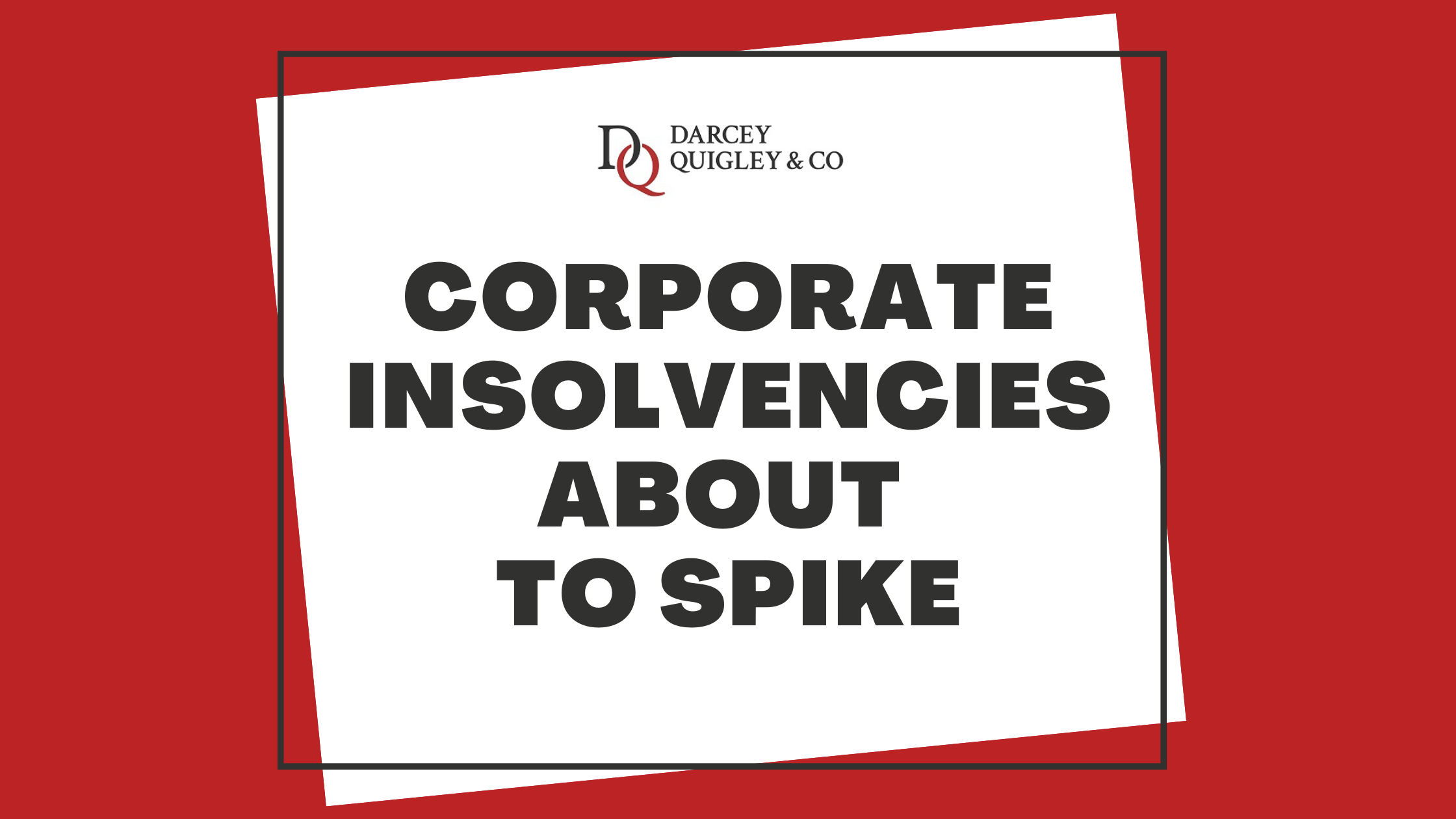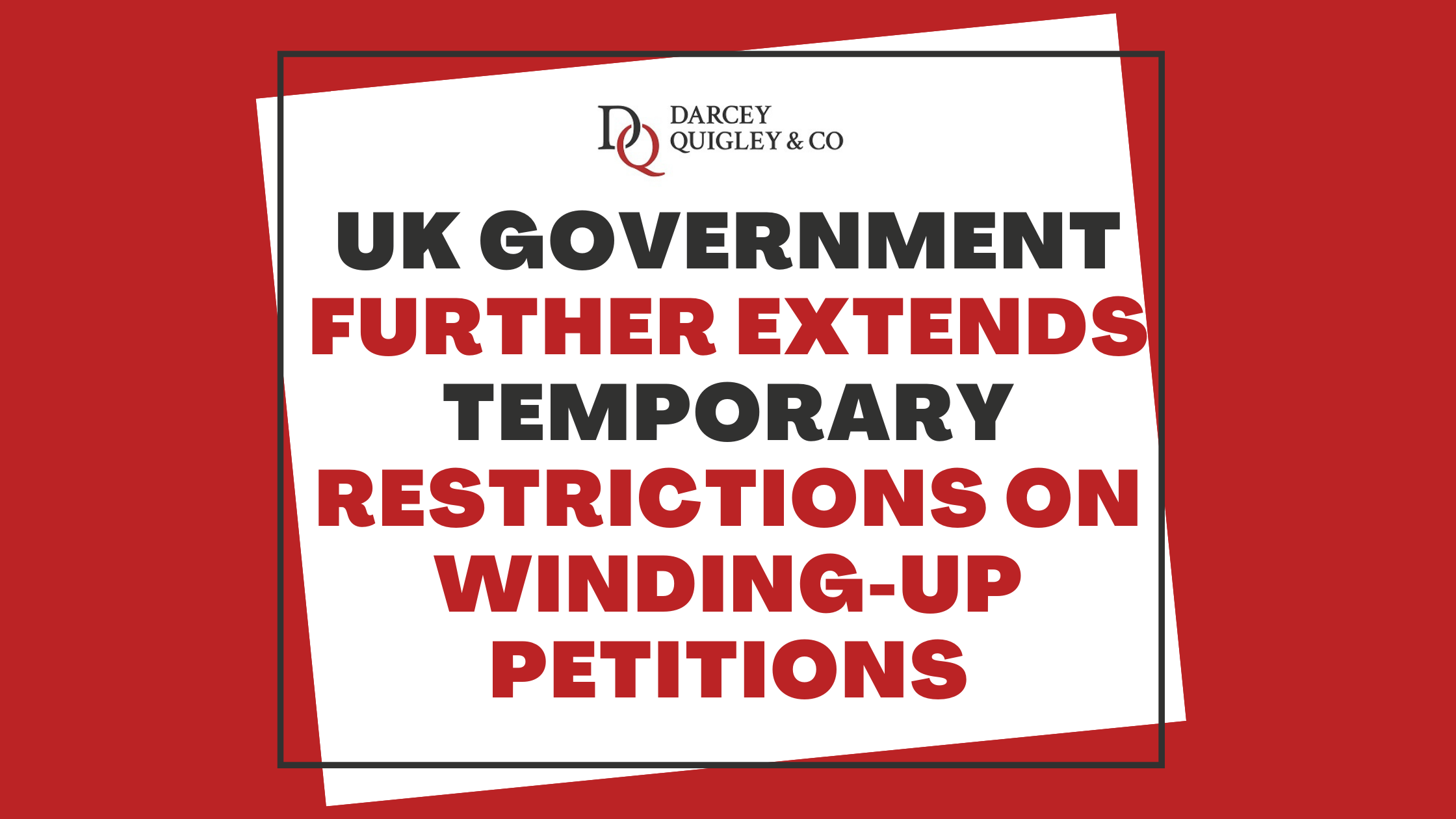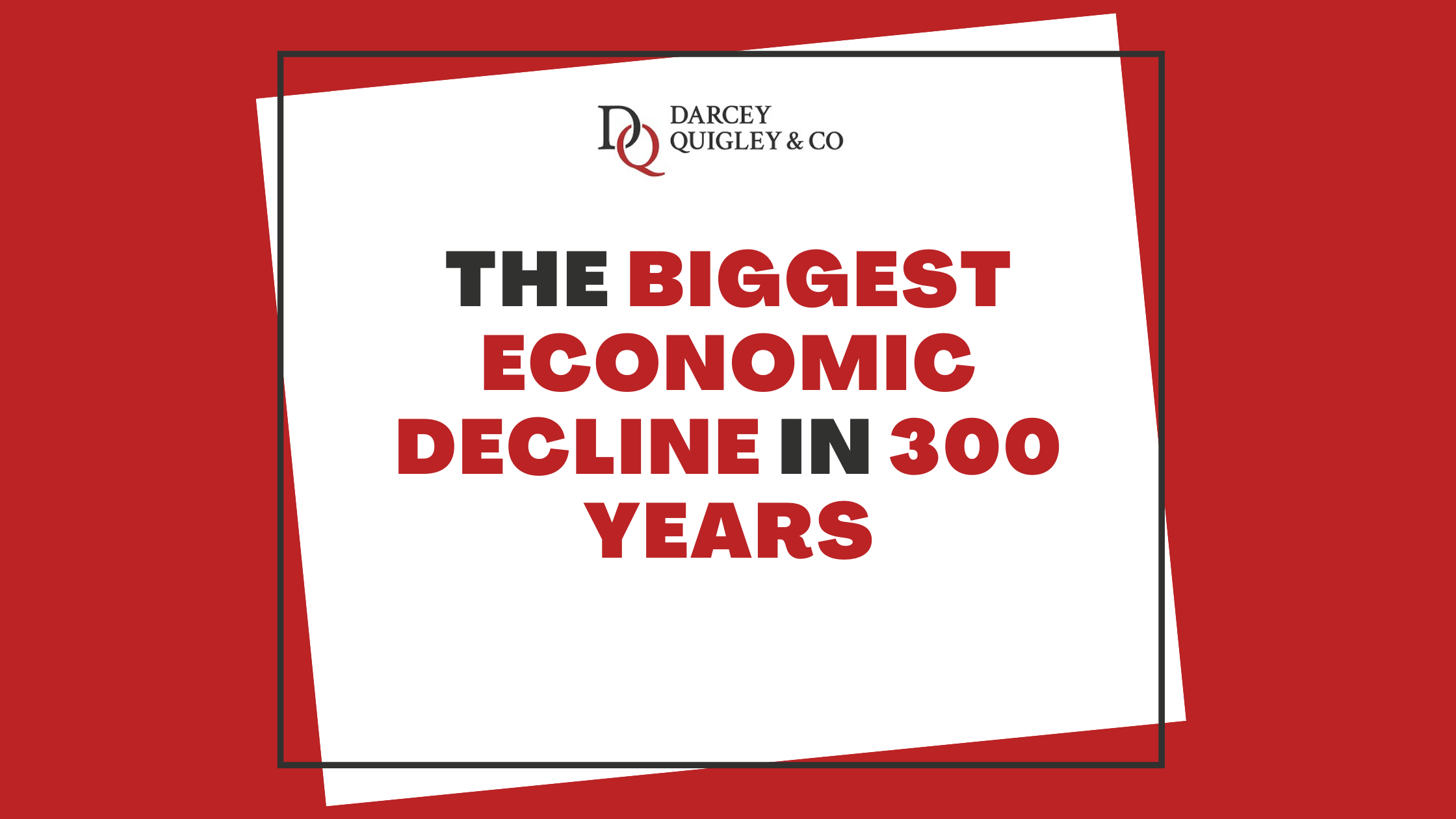The Hidden Costs of Carrying Debt into the New Year – Plan for 2026
Every January, countless businesses start the year already behind. Not because of poor performance or bad strategy but because they carried unpaid debts from the previous year into their new financial cycle.
Outstanding invoices and unresolved credit accounts act like invisible anchors, quietly restricting growth, reducing liquidity, and limiting your ability to invest in opportunities. What looks like “manageable debt” in December can quickly snowball into a major cash flow crisis by March.
As 2025 draws to a close, the smartest businesses are already preparing for 2026 and that means clearing the decks now. Understanding the hidden costs of carrying debt into the new year is essential for building a healthy financial foundation.
In this article, we’ll explore the hidden costs of starting the year with unpaid debt, how it impacts your cash flow and business strategy, and how commercial debt recovery can help you regain control before the clock strikes midnight on December 31st.
Table of Contents

1. Why Carrying Debt into the New Year Is More Dangerous Than It Seems (The Hidden Costs)
Many businesses assume unpaid invoices will “sort themselves out” once January arrives. After all, clients are busy during the holidays, and a new budget might make it easier for them to pay later.
Unfortunately, it rarely works that way. Once the new year begins, attention shifts, financial staff change over, and your overdue invoice slides even further down the priority list.
By carrying debt into 2026, you’re effectively allowing someone else’s poor payment discipline to become your problem.
Deferred Payment Becomes Deferred Growth
When your capital is tied up in overdue accounts, you can’t reinvest that money into marketing, equipment, or staff. Every pound owed to you is a pound not working for your business.
It’s not just a matter of delayed cash, it’s delayed opportunity.
The Emotional and Administrative Burden
Debt doesn’t only appear on balance sheets; it weighs on people. Your finance team spends hours chasing, reconciling, and emailing non-payers. Your managers stress about cash flow. Your credit controllers become reactive instead of strategic.
These indirect costs compound over time, turning an unpaid invoice into a drain on morale and productivity.
Inflated Perception of Profitability Carrying receivables into a new year can make your year-end reports look deceptively healthy. Revenue appears strong but if a portion of it remains unpaid, your “profit” is paper thin.
Unrealised income can distort planning, leading to overspending or misjudged forecasts in the new year.
2. The Cash Flow Domino Effect
Cash flow is the heartbeat of every business. When one link in your payment chain weakens, the effects ripple outward.
Restricted Working Capital
Working capital keeps your business agile. It’s what allows you to respond quickly to new contracts, emergencies, or growth opportunities.
When overdue invoices linger, your available cash shrinks, and you start relying on overdrafts or credit facilities to fill the gap increasing costs and risk.
Increased Borrowing Costs
Debt doesn’t just sit quietly: it accumulates costs.
To maintain liquidity, you may draw on credit lines or loans. That interest compounds monthly, meaning the longer your invoices remain unpaid, the more you spend servicing unnecessary debt.
Supplier Relationships at Risk
If your customers don’t pay you, you may struggle to pay your own suppliers.
Delays trickle down the supply chain, potentially damaging your reputation and relationships. Suppliers might tighten credit terms or require deposits, further squeezing cash flow.
Lost Negotiation Power
Healthy cash reserves give you leverage, whether in negotiations with suppliers, investors, or customers. Carrying debt weakens that position.
It signals instability, even if temporary, and limits your ability to secure favourable terms.
3. The Hidden Psychological Cost of Debt
Financial metrics only tell part of the story. The psychological impact of carrying debt into the new year is often underestimated.
Decision Fatigue and Avoidance
When your accounts receivable are cluttered with overdue balances, it creates uncertainty. Leadership teams delay decisions, unsure of their true cash position. Projects stall. Investment approvals are postponed.
This “decision fatigue” can lead to missed opportunities at precisely the moment competitors are moving forward.
Culture of Complacency
Perhaps the most subtle cost is cultural. If unpaid debts roll forward unchecked, it normalises slow payment and erodes discipline.
By addressing outstanding debts before the year ends, you set a clear standard: prompt payment matters.
4. The True Financial Impact of Carrying Debt into 2026
Let’s put numbers to the issue.
Imagine your business has £100,000 in overdue invoices at year-end. You expect to recover 90%, but in reality, time works against you. Statistics from credit control studies show:
- Invoices under 30 days late have an 89% likelihood of being recovered.
- Over 90 days late? That drops below 70%.
- Over six months? Often under 50%.
By waiting until 2026 to act, you could easily forfeit £20,000–£30,000 in collectible income, not because clients couldn’t pay, but because you didn’t press when your leverage was strongest.
And that’s before considering:
- Interest on borrowed funds: 5–10% annually, depending on credit facility.
- Administrative time: estimated at 20 hours per month for medium-sized firms.
- Opportunity cost: lost contracts, marketing campaigns, or hires.
It’s clear that the longer debts remain unresolved, the more they quietly drain value from your business.
5. How Commercial Debt Recovery Protects Your Business
This is where commercial debt recovery services come into play. Professional recovery isn’t about aggression or conflict it’s about expertise, process, and timing.
By partnering with a specialist, you gain access to legal knowledge, negotiation skill, and systems designed to secure payment quickly and compliantly.
Faster Resolution
Experienced recovery teams like Darcey Quigley & Co know how to identify the real reasons behind non-payment and how to overcome them. Often, debtors respond faster to a professional third party because it signals seriousness and impartiality.
Preservation of Relationships
Contrary to popular belief, outsourcing debt recovery doesn’t destroy client relationships. In fact, it can protect them.
A professional mediator can depersonalise the situation, maintaining diplomacy while securing your payment.
Improved Cash Flow Forecasting
Recovering overdue invoices before year-end gives you a more accurate financial picture heading into 2026. You can plan budgets, allocate resources, and invest confidently, knowing your income is real, not theoretical.
6. November and December: The Final Window for Action
If you want a clean start to 2026, the time to act is now.
November and December represent the last realistic opportunity to chase overdue accounts before the holidays disrupt communication and operations.
Here’s how to make those weeks count:
Audit Your Aged Receivables
Start by reviewing your accounts receivable ledger. Identify which debts are:
- 30–60 days overdue (reminder level)
- 61–90 days overdue (escalation level)
- Over 90 days (potential recovery referral)
Knowing where each account stands helps you prioritise effectively.
Communicate Early and Professionally
Send polite reminders first, followed by firmer notices if there’s no response. Make sure all communication is documented and clear.
Phrases like “We’re closing our 2025 accounts and would appreciate settlement before December 15th” can create urgency without hostility.
Set Firm Deadlines
Deadlines motivate action. Make them reasonable but non-negotiable. If you’ve already issued multiple reminders, consider giving a final deadline before handing the matter to a recovery partner.
Escalate Promptly
If payment isn’t received by your deadline, don’t hesitate. Contact a commercial debt recovery firm before the year closes. Acting in November or early December allows time for engagement and resolution before the holidays, ensuring cash lands in your account, not your debtor’s.
7. Planning for 2026: Preventative Credit Control
Commercial debt recovery is invaluable, but prevention is even better. Use your year-end review to strengthen your credit control processes so you start 2026 in a position of strength.
Review Credit Terms
Ensure your payment terms are realistic and enforceable. Clearly state late payment interest, collection fees, and escalation procedures. Many businesses discover their old contracts don’t include these protections, leaving them vulnerable.
Perform Credit Checks on New Clients
Before agreeing to work on credit, assess a client’s financial stability. Use reputable credit reporting agencies or request trade references. Prevention beats pursuit every time.
Train Your Team
Invest in credit control training. Equip your staff with communication techniques and negotiation strategies that keep payments on track without damaging relationships.
Build a Relationship with a Recovery Partner
Even the most disciplined business will occasionally face non-payers. Establishing a partnership with a trusted commercial debt recovery agency ahead of time ensures you can act quickly when problems arise.
8. The Ripple Effect of Starting 2026 Debt-Free
Imagine entering the new year with a clean ledger. Your accounts are reconciled, your cash flow is strong, and your team feels confident.
The benefits extend far beyond your balance sheet:
- Improved investment capacity: You can seize growth opportunities immediately.
- Enhanced credit rating: Lenders view businesses with strong cash positions more favourably.
- Stronger supplier trust: Paying partners promptly reinforces your reliability.
- Employee morale: Teams feel more secure and motivated when finances are healthy.
- Strategic clarity: Without debt distractions, leadership can focus on innovation, not arrears.
Debt recovery isn’t just about collecting money, it’s about restoring control and confidence.
9. Common Myths About Commercial Debt Recovery
Despite its benefits, many companies hesitate to use professional recovery services due to misconceptions. Let’s debunk a few.
Myth 1: It Will Damage My Client Relationships
Reality: A well-managed recovery process is professional and courteous. Experienced agencies act as neutral intermediaries, not aggressors. In many cases, clients respect your efficiency and pay faster in future.
Myth 2: It’s Too Expensive
Reality: The cost of inaction is far greater. Most recovery services operate on success-based fees, meaning you only pay when they collect. Compare that to the cost of continued borrowing, staff time, or lost revenue.
Myth 3: I Can Handle It Internally Reality: Internal teams are excellent at early-stage credit control but may lack the time, leverage, or legal expertise for complex recoveries. External specialists complement your efforts, they don’t replace them.
10. A Step-by-Step Plan to Clear Debt Before 2026
- Conduct a debt audit – List all outstanding invoices, aging categories, and debtor contact info.
- Prioritise by value and age – Target high-value and older debts first.
- Communicate clearly – Send polite reminders and confirm receipt.
- Escalate quickly – After two reminders, issue a formal demand letter.
- Engage experts – Contact a commercial debt recovery partner if payment still hasn’t arrived.
- Review internal policies – Use insights gained to improve your credit control for the new year.
The key is consistency and timing. Every week you delay reduces recovery probability, so act decisively before December 31st.
11. Partnering with Professionals: Why It Matters
Businesses that partner with a reputable recovery agency, such as Darcey Quigley & Co, benefit from over 18 years of industry experience, transparent communication, and proven success rates.
Our approach to commercial debt recovery is built on three principles:
- Speed: Acting quickly to recover overdue funds before they become unrecoverable.
- Professionalism: Maintaining positive relationships with your customers throughout the process.
- Compliance: Ensuring every action adheres to UK legislation and ethical standards.
By outsourcing overdue accounts before the new year, you relieve pressure on your internal team and unlock cash that’s rightfully yours, all without unnecessary confrontation.
12. Don’t Let Debt Follow You into 2026
The hidden costs are real: lost interest, wasted time, damaged supplier trust, and weakened strategic flexibility. But the solution is simple – act now.
By engaging in proactive commercial debt recovery, you can convert overdue invoices into working capital, strengthen your 2026 financial position, and start the year debt-free and forward-focused.
For over 18 years, Darcey Quigley & Co have supported businesses across sectors including manufacturing, construction, logistics and many more.
Don’t let poor cash flow affect your year-end. Contact our team today to secure your outstanding payments and end the year on a strong note.
For more news, tips and information on how professional debt recovery can support your business, follow Darcey Quigley & Co on LinkedIn!


